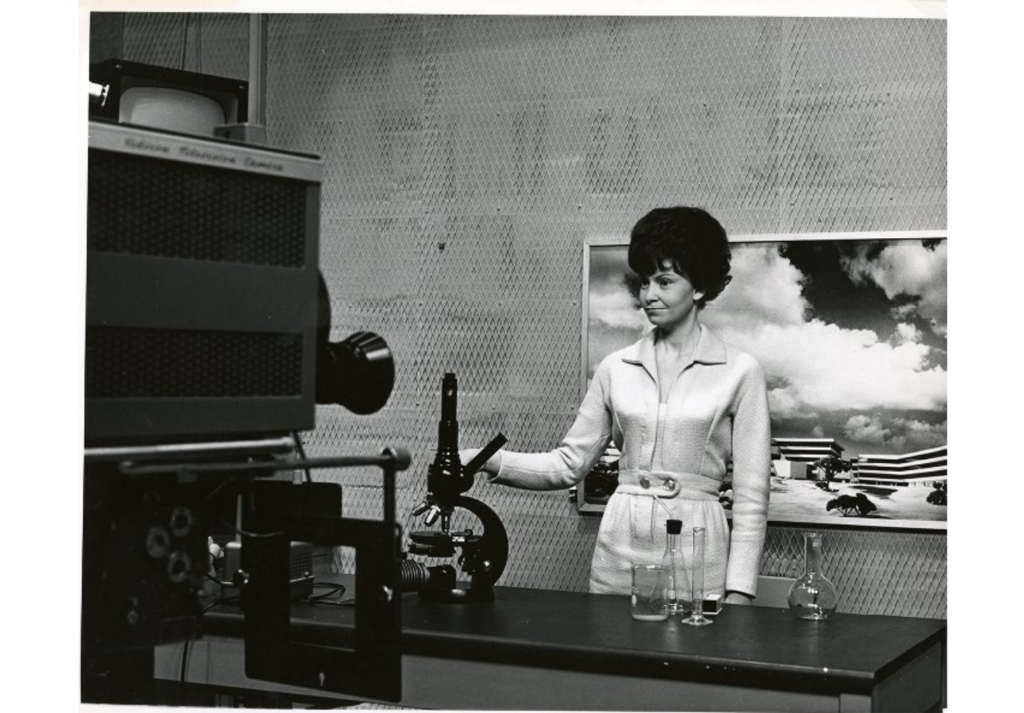In 1967, the University College Alumnae Association asked a number of academics and other experts to discuss “what life would be like in Canada in the year 2000”. Here is what they said:
- The average weekly family earnings would be $300 for a 28 hour work week, fewer people will work in manufacturing and agriculture and there will be growth in service industries.
- Work will no longer be a “virtue” requiring education to be equally focused on learning to manage leisure as it is to handle a job.
- Schools would be replaced by home computers like TV sets with students coming together for periodic group meetings. These home computers would also provide entertainment and education custom programmed for the whole family.
- The East/West international conflict would be solved by the emerging threat of pollution.
- Young people would have acquired a sense of selflessness and be concerned with global poverty.
- In law, there would be new ways to determine truth, new scientific methods for selecting judges and large law libraries reduced to computer storage.
- Greater access to higher education would result in greater social mobility.

Dean W.E. Beckel of Scarborough College predicted that children would begin school at 3 years old instead of 5 or 6, and education would continue into adulthood. Further on the topic of education, Beckel predicted that educational television would be available 24 hours a day. He defined education as “the communication of information and the development of attitudes” and that with television it would all become as “available as Batman.”
From our vantage point in 2023, we can see how prescient some of these predictions were. There is truth to the changing nature of work and the growth of the service industry versus manufacturing. The home computer and technology in education is certainly ubiquitous today and was emerging in 2000. Dean Beckel, of course, was a big supporter of television education on the Scarborough Campus, a project that was considered innovative in its day. However, while the prediction of remote home learning replacing the “school” certainly materialized during our recent pandemic experience, the early experiment with television education at Scarborough did not last long for the same reasons that remote learning was considered less than satisfactory — students wanted face to face contact with instructors and the social benefits of in-class learning. While computers have become fixtures in most homes, the cost in the mid-1960s of operating a television studio to record and disseminate the programming also became prohibitive. That Scarborough College TV studio was later converted to the LLBT Theatre.
Bibliography
“Canada in 2000: $300 for a 28-hour week and full-time school at 3.” 1967. The Daily Star, Feb. 27, 1967.
“Sharp predicts $300 per week by year 2000.” 1967. Ottawa Citizen, Feb. 27, 1967.
“Scarboro Dean Labels Mother Poor Teacher.” 1967. Winnipeg Free Press, March 6, 1967.
“Mothers as teachers.” 1967. The Globe & Mail, March 6, 1967.
“Computer Buddy: Machine Turning Teacher.” 1967. Vancouver Province, March 13, 1967.





